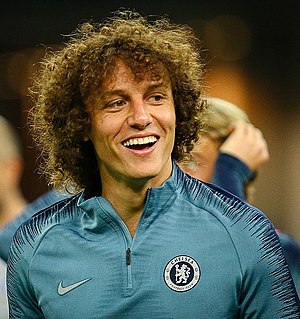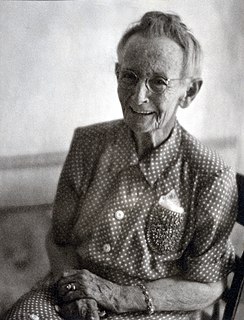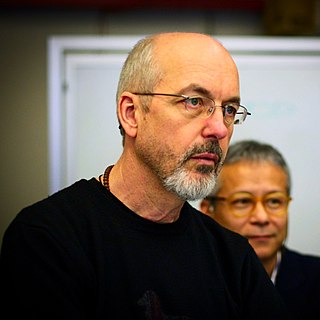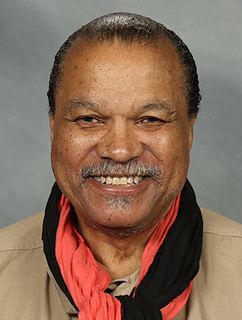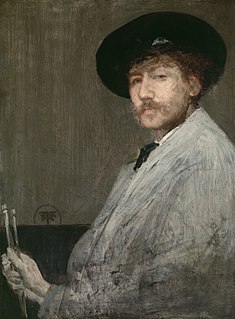A Quote by David Luiz
To be born with a unique instinct, will demand 'unique duties'. If you didn't think about being an artist before 7 years of age you probably don't have it and you will be able to paint what you want to paint.
Related Quotes
We all want to be special, to stand out; there's nothing wrong with this. The irony is that every human being is special to start with, because we're unique to start with. But we then go through some sort of boot camp from the age of zero to about 18 where we learn everything we can about how not to be unique.
Help people to meditate, because there is nothing more creative than meditation. Each art and each creativity can be tremendously enhanced by meditation. If somebody is a painter and he starts meditating, his painting will have a sudden jump, it will become tremendously profound - because whatsoever you paint reflects your mind. If the mind goes deeper, your painting will go deeper. You paint your mind. What else can you paint? You paint yourself.
